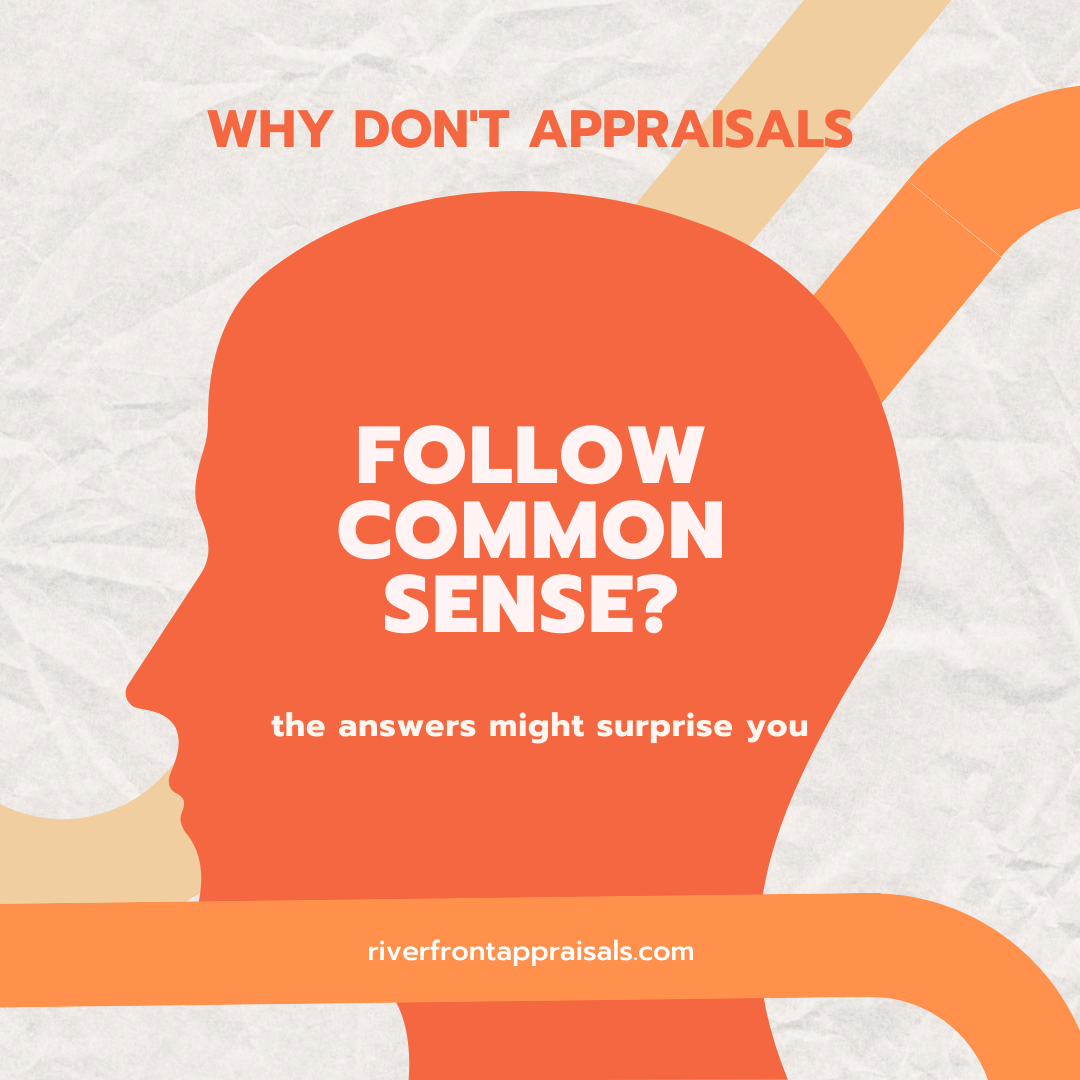
Property Taxes Just Went Up? We’ve Got You Covered!
It’s reassessment season for most folks in our area. Homeowners


It’s reassessment season for most folks in our area. Homeowners

I feel like we all need a laugh. How about

Selling your home can be a major financial decision, and
Riverfront Appraisals has been providing comprehensive valuations of residential properties to Western Kentucky and Southwestern Indiana since 2008.